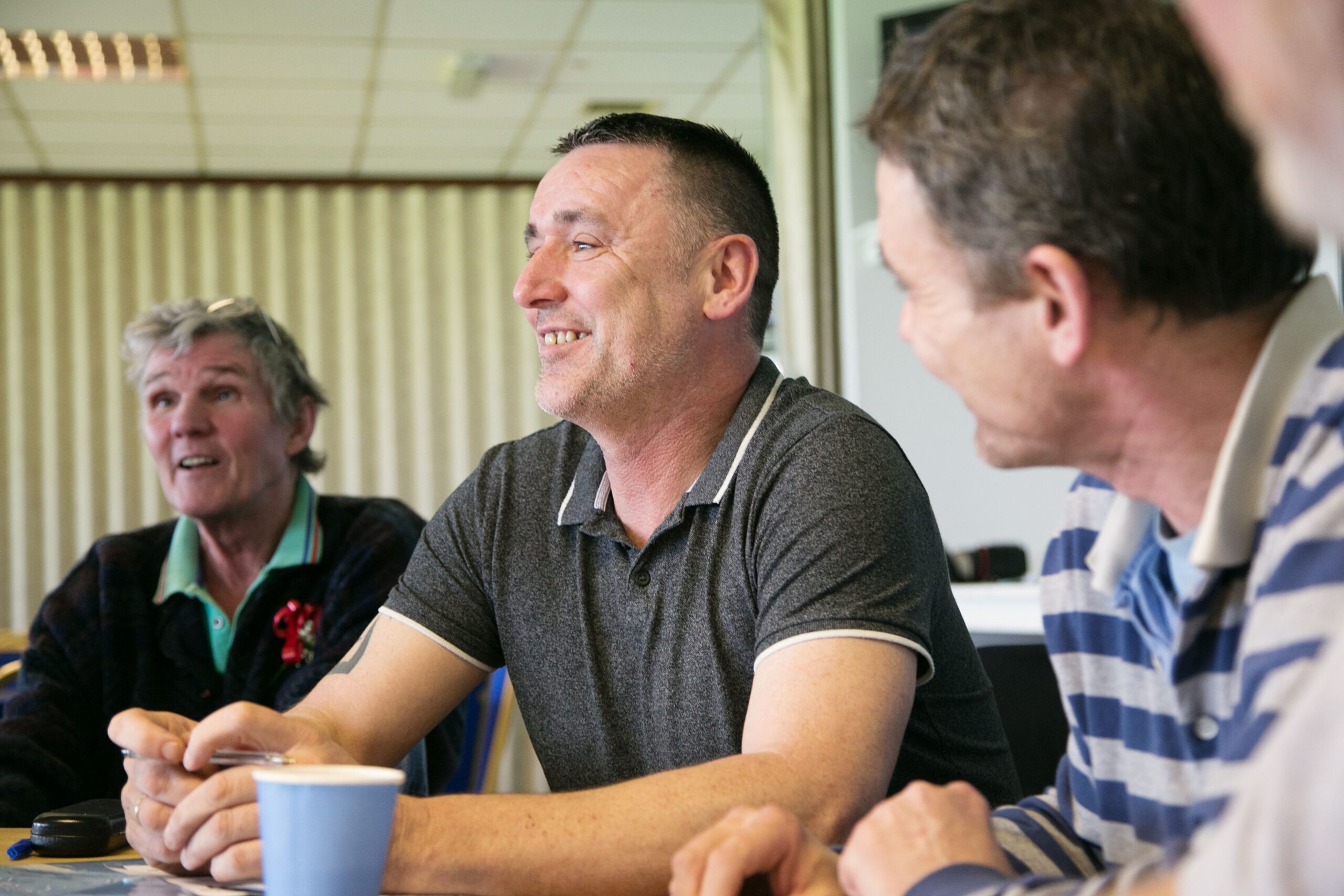Location
Years
2010- 2015

Activity
It’s A Goal! was a non-clinical programme with an emphasis on ‘being the best you can be’. It was run in Blackpool, Preston, Rochdale Borough and Salford, and franchised in east Lancashire, Plymouth and Stoke-on-Trent.
It’s A Goal! uses football metaphor and terminology to mirror life events to help participants with mild to moderate depression and/or anxiety (called ‘players’) to explore their personal issues and develop greater confidence and motivation. A key element is goal setting, with players encouraged to set and achieve short-term and long-term goals.
The programme is run in one or more football stadiums within the locality, ideally with active engagement of the football club.
Each programme (‘season’) consists of 11 sessions (‘matches’) with a coach that focus on developing and testing techniques and tactics to take more control of the issues in players’ lives and to deal with them more effectively.
After the end of the season, a weekly “supporters’ club” – a less structured, drop-in facility – is available to help people sustain the benefits of the programme and continuing peer support.

Impact
An independent evaluation found that It’s A Goal! had a significant impact on the mental health and well-being of people who completed the programme, with well-being scores increasing from significantly below the population average to near the population average.
It’s A Goal! was found to be a cost-effective way of engaging men who are likely to struggle accessing, using and benefiting from mainstream services. It had both direct and indirect health, social and financial benefits in terms of improving mental health, and potentially increased social inclusion, community involvement and employment.
Average outcomes for people across the various programmes were: 25% feel less isolated; 80% show positive improvement in mental well-being (average improvement of 10.6 points on the on the Warwick-Edinburgh Mental Well-Being Scale (WEMWBS)); and 24% move into employment.
Funded by
Blackpool Council, Greater Preston Clinical Commissioning Group, Heywood, Middleton and Rochdale Clinical Commissioning Group, Salford City Council (public health)
